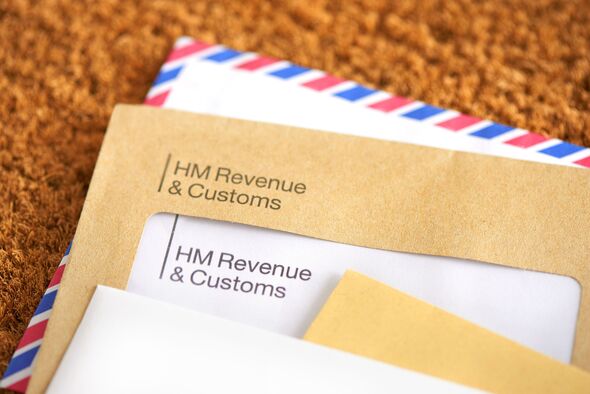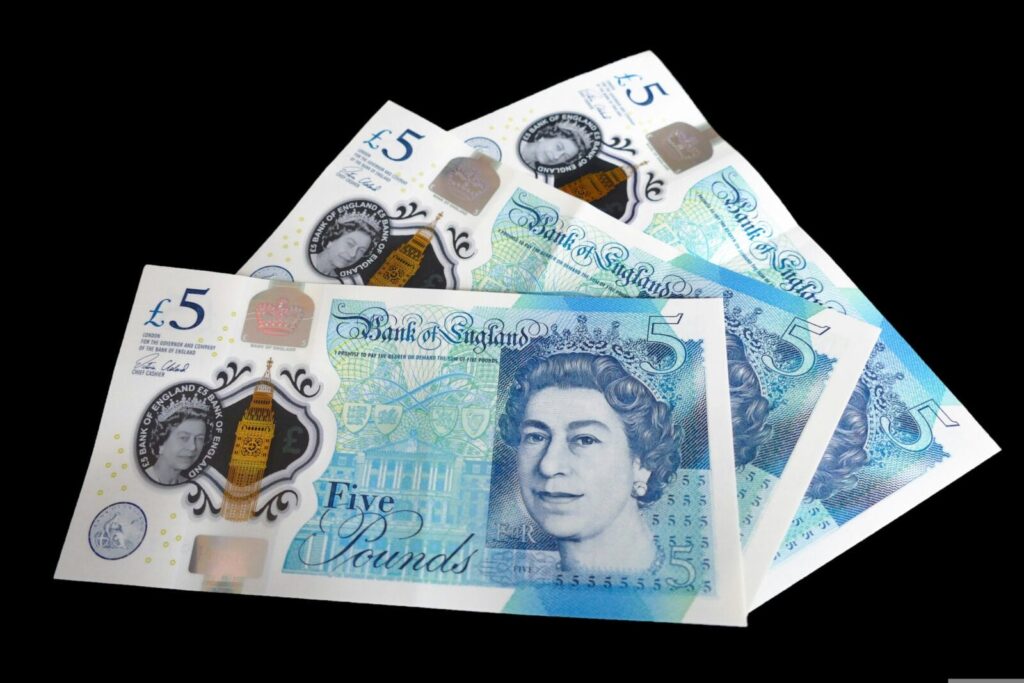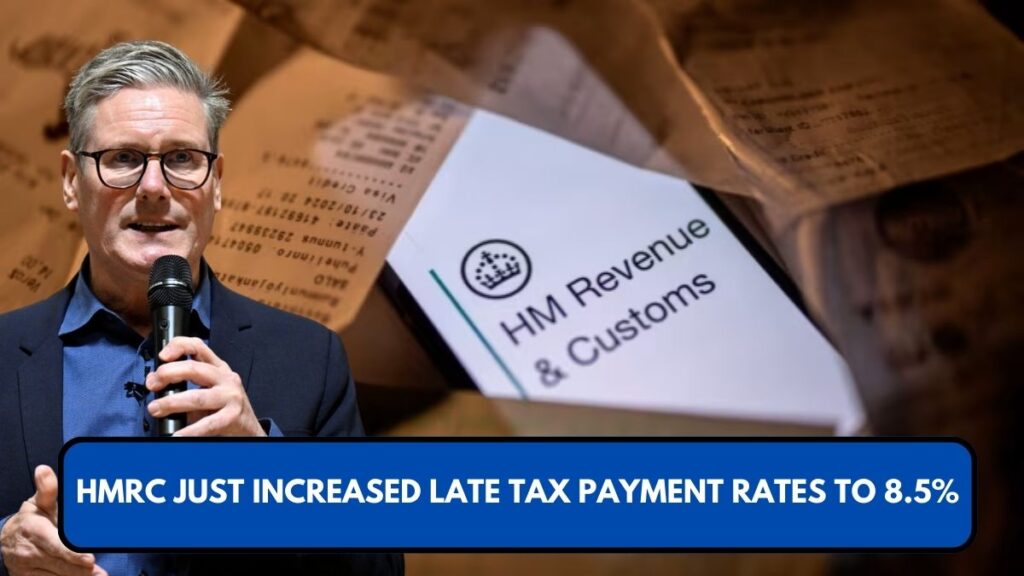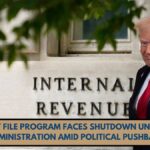Taxpayers across the UK will now face steeper penalties for late tax payments, as HM Revenue & Customs (HMRC) has raised its late payment interest rates effective from April 6, 2025.
The move reflects a broader economic shift tied to the Bank of England’s rising base rate and aims to incentivize timely tax compliance.
Let’s break down what’s changing, who it impacts, and how you can avoid the financial sting of the new rates.
What Are the New HMRC Late Payment Rates?
The standard late payment interest rate has climbed to 8.5%, up from 7%, after the Bank of England base rate increased to 4.5%. HMRC’s formula adds 4% to the base rate, which determines how much interest is charged on overdue tax bills.

Key Rate Changes:
- General Late Payments (e.g., Income Tax, VAT, Capital Gains Tax, NI):
Now 8.5% interest—calculated as base rate (4.5%) + 4%.
Source – HMRC.gov.uk - Corporation Tax Quarterly Instalments:
Late payment interest rate is now 7%, based on base rate + 2.5%.
Source – Tax Journal - Customs Duties:
Interest for late customs import duty payments has increased to 8%, calculated as base rate + 3.5%. - Repayment Interest Rate (for overpayments):
Still fixed at 3.5%, calculated as base rate – 1%, with a minimum of 0.5%.
Why Is HMRC Raising Interest Rates?
The adjustment is directly tied to the Bank of England’s base rate, which is used as a benchmark for many financial products and services across the UK. When this base rate changes, HMRC automatically recalibrates its interest rates in line with longstanding policy.
This approach is designed to:
- Deter late payments by increasing the financial consequences.
- Maintain fairness between taxpayers who pay on time and those who don’t.
- Reflect current economic conditions and inflationary pressures.
Who Is Affected by the Changes?
These changes apply to:
- Individual taxpayers owing income tax or self-assessment liabilities.
- Businesses with outstanding VAT or corporation tax bills.
- Importers who delay customs duty payments.
- Landlords or investors dealing with capital gains liabilities.
Essentially, anyone who misses a tax payment deadline is at risk of accruing significant interest costs.
HMRC Tightening Enforcement Too
The interest rate hike coincides with HMRC’s broader push to clamp down on unpaid taxes. The tax authority is:
- Hiring more staff to improve debt recovery.
- Increasing use of private collection agencies.
- Reviewing payment plans more stringently.
According to a recent Financial Times report, HMRC’s enforcement strategy is shifting toward faster intervention to reduce the build-up of large unpaid liabilities.

What Taxpayers Can Do to Avoid Penalties
To avoid falling foul of the new rates:
- Mark tax deadlines clearly in your calendar or accounting software.
- File and pay early, especially for self-assessment or quarterly VAT returns.
- Set up a Time to Pay arrangement with HMRC if you’re struggling financially.
- Stay informed via the official HMRC updates: www.gov.uk/hmrc
Final Thoughts
With the late payment interest rate now at 8.5%, tax delays can quickly become expensive. These policy changes reflect the government’s response to ongoing inflationary pressures and an attempt to close the tax gap. For taxpayers, the message is clear: act early, pay on time, and don’t ignore HMRC correspondence.
For full interest rate details and updates, visit: HMRC Interest Rates Explained
This article has been carefully fact-checked by our editorial team to ensure accuracy and eliminate any misleading information. We are committed to maintaining the highest standards of integrity in our content.

Himanshu Sharma writes for Weekend Spy, focusing on recruitment, government schemes, and current affairs. He is dedicated to making complex information accessible to readers.
Himanshu enjoys playing chess, hiking, and trying new recipes, always seeking ways to combine his love for writing with his passion for exploration. Connect with Drop him an email at [email protected].







